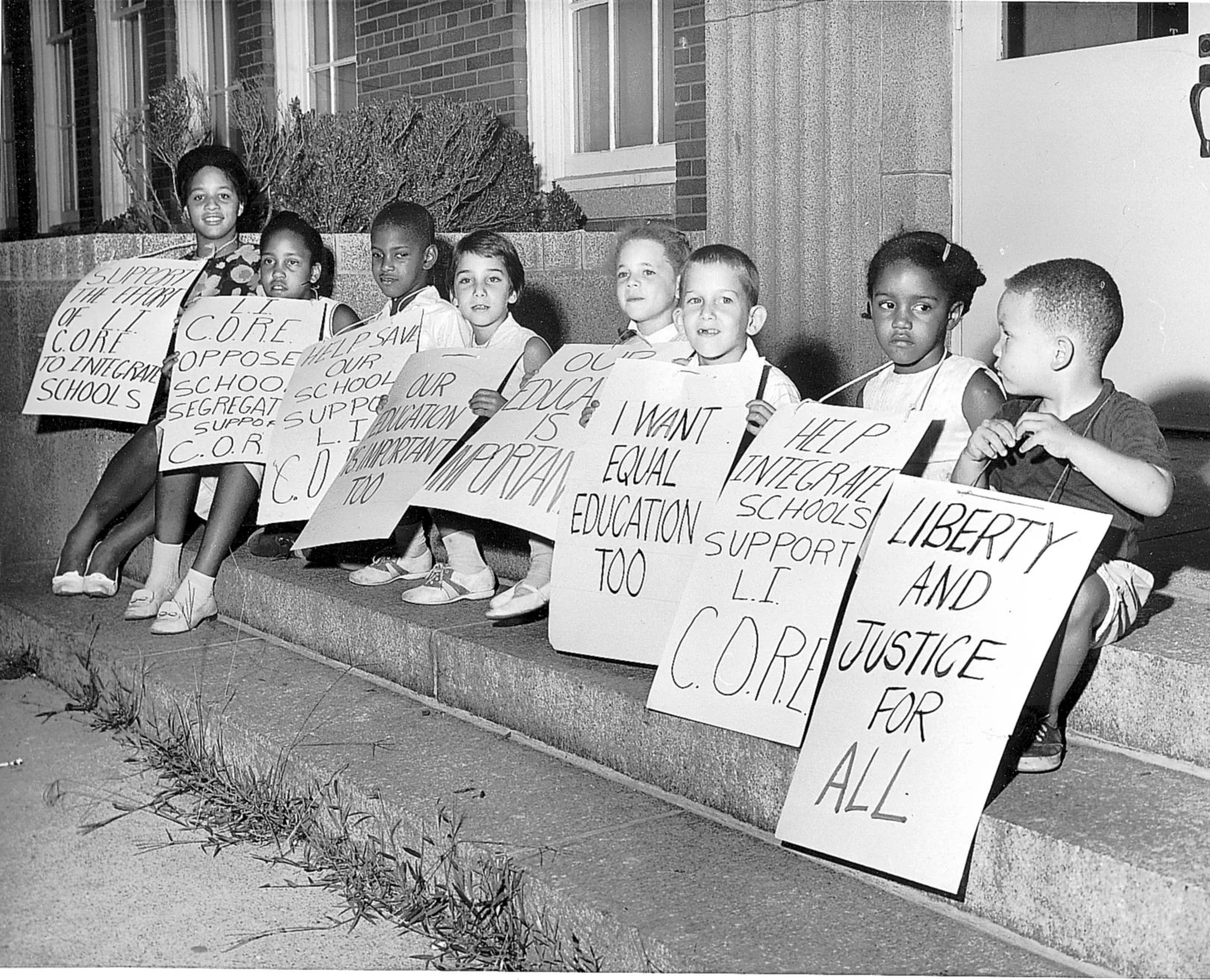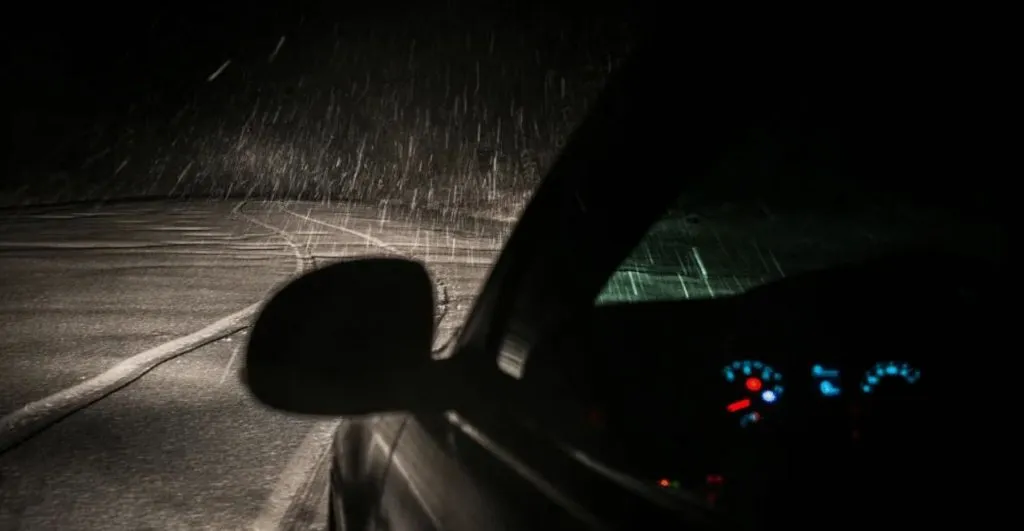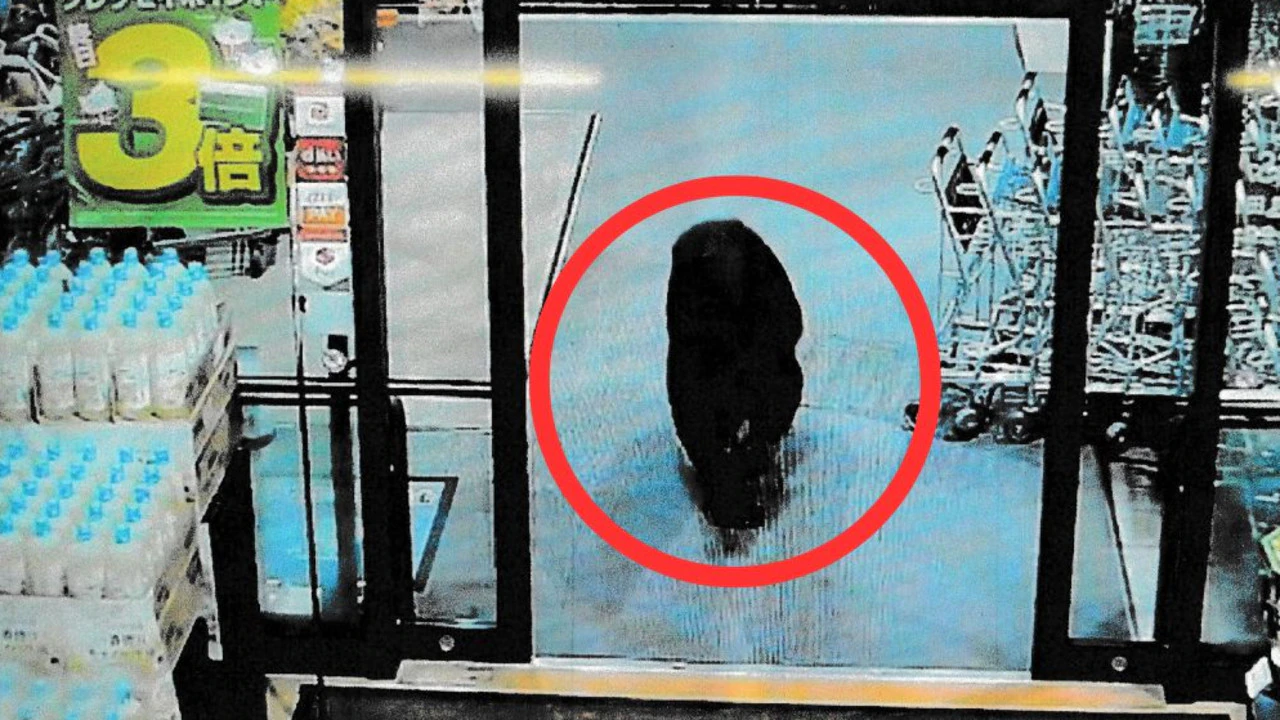Copyright truthout

Eight years ago, I attended a gathering on my family’s farm in South Carolina on the day of the total solar eclipse. That same week, my grandmother, Sarah Graydon McCrory, went into the hospital with an infection from which she never recovered. In October of that year, just past her 96th birthday, Sarah died — and I got to stand by her on her deathbed as she grappled with connection and liberation, as she looked into the unknown with courage and clarity. Sarah was a difficult person. People loved her, and she loved people, and she was direct and sometimes uncomfortably honest. She struggled with me: my gender, my sexuality, my commitment to anti-racism and to a way of life that was far outside of what she’d imagined for any granddaughter of hers. People remembered her as being frank and funny, upsetting and odd. She used to say, “All white people are racist, because we were born into a racist system.” And she also used to say, “I haaaaate that you’re a boy.” She hated my tattoos and “ugly” hairdos, too. Through and within our love, and through her love of god, and through her general toughness, Sarah grappled throughout her life with transphobia and racism. She tried to unlearn. Sarah grew up in the Jim Crow South, deeply and completely a child of that environment. Her grandmother, whom we all knew from lore and by her first name, Miss Sally, was born on a plantation in the Low Country just before the end of the Civil War. Miss Sally’s future husband had also been born on an enslaver’s estate, his father a Confederate general killed in the war. I have known for most of my life that enslavement, its physical robbery and spiritual violence, are a part of the legacy that I live with. I have believed for much of my adult life that the task of people with privilege, whether that privilege draws a direct line to slavery or not, is to fight to dismantle the systems that continue to maintain racialized wealth inequality. Those of us who can must get in and stay in the fight against racial capitalism and its expressions in prisons, militarism, displacement, expropriation, and exploitation. Yes, this means white people, but also people with wealth, people of the Global North, and people with access to social and political capital. Sarah would tell you herself: she was racist and anti-racist at the same time. She lived as proof for me that unlearning — letting go of deeply held beliefs and ideologies and replacing them with new patterns of thought and behavior — is always possible, and that it is never perfect. It is a lifelong endeavor. It is only pursued in relationship and community. My fascination with this Southern belle who made me, whose own grandmother remembered slavery, was one of the magnetic forces that led me down a topsy-turvy path and eventually made my book, Radical Unlearning, come into view. Just after the eighth anniversary of Sarah’s death, the book will be born: a memory of impossible legacies that can hopefully give us tools for navigating the impossibility of today. My premise in writing Radical Unlearning: The Art and Science of Creating Change from Within is that changing our deepest beliefs and worldviews is possible. The question the book pursues is: What makes this kind of change likely? In other words, what are the best conditions for people to unlearn, and how can we create those conditions? On that journey, I found that every pathway to unlearning was about community and relationship; some were also about confrontation, cognitive dissonance, art, immersion, questions and being listened to, storytelling, performance, and play. All forms of unlearning were in some sense somatic, embodied experiences. All of this resonated with what I had seen in my grandmother; and I wonder now if her alienation from her own body may have been one of the blocks that kept her locked in some of these struggles all the way to her death. What if Sarah had done somatics? She’d roll her eyes from the grave, “I have noooo idea what you’re talkin’ about!” I don’t believe that change “starts” with individuals. But I do believe, following the leadership of many Black feminist leaders and Southern organizers who have trained and taught me, that relationships (and not individuals) are the key building block for transformation. How we relate to one another — and thus, in part, to ourselves — is the foundation of the movements we are able to build. It is also their undoing, when our relationships fall apart, when we are unable to meet each other with the love and flexibility that supports lifelong change and struggle. This belief is what led me to and kept me in the movement for transformative justice and efforts to build real community safety outside of racist systems. This belief, that relationships matter more than almost anything, is why I am an abolitionist. I want people to thrive, not as individuals, but together in community. Right now, we are in the midst of a historic onslaught of attacks on our ability to organize, gather, and speak collectively. The attacks take the form of AI, surveillance, social media reliance; they also take the form of violent kidnappings on U.S. soil over acts of speech and solidarity, escalating threats to the safety of Black and Brown and Muslim communities, and divisive rhetoric that attempts to isolate the so-called “criminal” elements of the population from all the rest. Unlearning fear, individualism, and the inability to act is essential if we are to confront these threats with courage and moral clarity. Undoing the deeply internalized individualism that lives in most of us who grow up in capitalism is a massive undertaking of unlearning. That undertaking is indivisible from our efforts to build movements; it is part and parcel with our efforts to unlearn binary gender, racism, classism, and Zionism, and to fight against structures of oppression. These efforts are not a kind of ego-driven self-help, nor merely an attempt to improve relationships (although that can be an outcome, too!); changing how we think, I believe, can and does change what we are capable of. When they are collectivized and translated into action, such challenges to norms and ideology are actually what we call a movement. And perhaps one of the most harmful myths of modern times is the often-repeated idea that people can’t and don’t want to change: “You can’t teach an old dog new tricks.” One of my greatest revelations while writing Radical Unlearning is that unlearning at the collective level is actually an expression of desire and liberation, not an unappealing slog, and that the myth that people who change their beliefs are “fakers” or “softies” is an unsubtle attack on creating a just, transformative society. As one of my interviewees, the artist and abolitionist kai lumumba barrow described it, unlearning can also be called “self-determination” — especially for people who are targets of an unjust system. I have come to believe that unlearning can also be a form of personal and collective healing, because it addresses both belief and action. Interviewees like Adrianne Black, a former white supremacist turned anti-racist activist, and Micha Kurz, a former Israeli soldier turned pro-Palestine advocate, taught me that even when unlearning means losing your family and friends, it can give us other kinds of freedom, other new ways to move. My grandmother Sarah was never properly part of a movement — she was on the sidelines as civil rights leaders took to the streets to battle against the very power she embodied. But seeing that happen politicized her; it made her want to unlearn her own racism, and throughout the second half of her life, she engaged in activism and advocacy, from pushing for anti-racist and pro-gay policies and practices in her Episcopal church to fighting with Republicans in her nursing home. She died a few weeks shy of the first election of Donald Trump, a development she would have hated with all her heart, and I like to think that in death, she found her own freedom from the hurtful inheritances she continually strained against. If there is a heaven, I hope she’s there not paying attention to the news.



